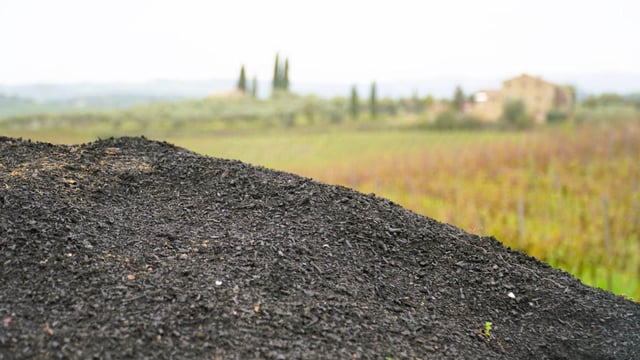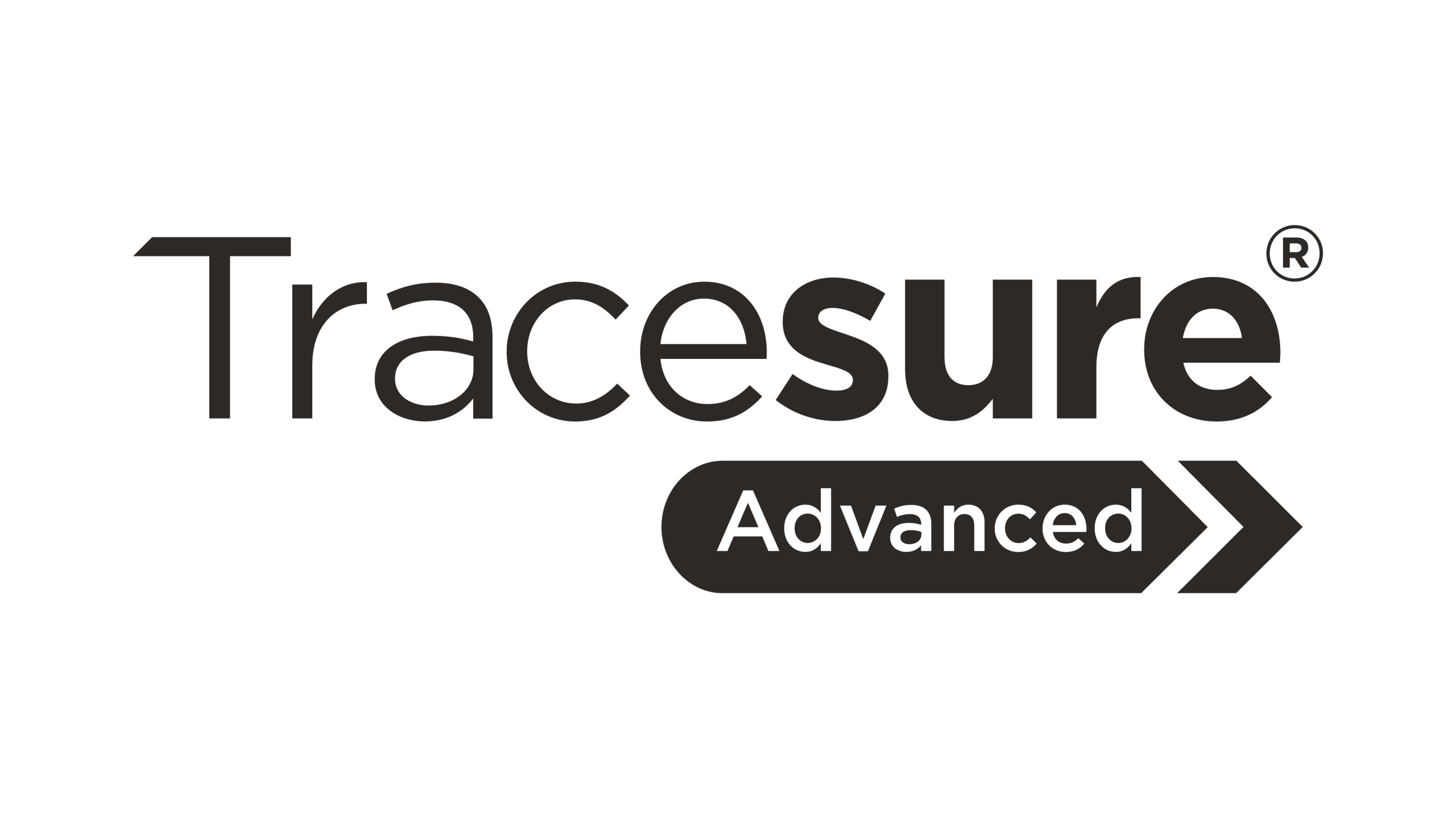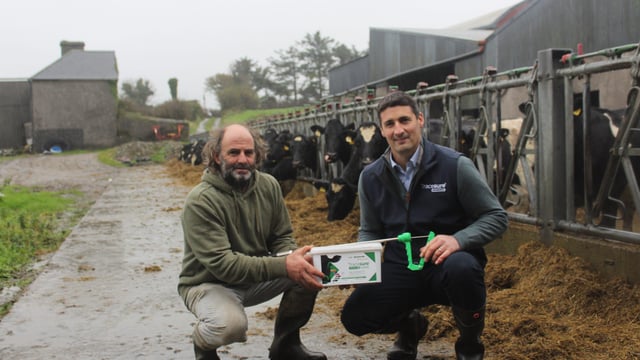Uisce Éireann issues hosepipe ban for 3 counties
Uisce Éireann has confirmed that a Water Conservation Order, commonly referred to as a hosepipe ban, will be introduced for the following three supply areas: Mullingar, Co. Westmeath; Milford, Co. Donegal; and Kells, Oldcastle, Co. Meath.
The orders will come into effect on Tuesday, May 6, for six weeks, and will apply to these three locations exclusively, and not to the rest of the country.
However, Uisce Éireann has appealed to all customers to be mindful of their use of water as we enter the summer months.
The conservation order prohibits the use of garden hosepipes and other non-essential uses of water by domestic users and commercial premises for non-commercial activities, including watering gardens attached to a business premises.
The instances where drawing water through a hosepipe is prohibited include:
- Watering a garden;
- Cleaning a private motor-vehicle using a domestic hosepipe;
- Cleaning a private leisure boat;
- Filling or maintaining a domestic swimming or paddling pool (except when using hand-held containers filled directly from a tap);
- Filling or maintaining a domestic pond (excluding fish ponds);
- Filling or maintaining an ornamental fountain (with the exception of such use for commercial purposes);
- Filling or replenishing an artificial pond, lake, or similar application.
Uisce Éireann stated that the ban has been issued to safeguard the water supplies in these areas for essential purposes, due to a sharp drop in water levels at their sources following a dryer-than-average autumn, winter, and spring.
E.g., Lough Owel, which supplies the Mullingar public water supply, is reported to be at its lowest level in 50 years.
Similarly, Lough Colmcille, which supplies Milford in Donegal, and Lough Bane, which supplies Kells-Oldcastle in Co. Meath are also at historically low levels.
In recent weeks, Uisce Éireann introduced a number of measures to maintain and protect these supplies, including enhanced leakage repair works, pressure management, and public water conservation campaigns, in an effort to reduce demand to sustainable levels.
Head of water operations with Uisce Éireann, Margaret Attridge said: “Uisce Éireann’s top priority is to protect our water supply for use in homes, businesses and essential services. The past 12 months have been drier than normal when compared to the long-term average.
"This means that some water sources which traditionally would have replenished over the winter period have not seen the same levels of recovery and, as a result, we are starting to experience issues with water availability at these sources.
“While the water conservation order only applies to these three supplies, we are reminding all customers to be mindful of their use of water so that supplies can be protected, especially in areas where water resources are under pressure.
"As we enter the summer months, warmer weather creates a surge in demand for water, for gardening, leisure, and other purposes. However, using a hosepipe for one hour is the equivalent of the daily water usage of an average family and this is generally a non-essential use of water."
To help people learn more about saving water, Uisce Éireann has developed a conservation calculator, available on its website, to enable people to work out how much water they are currently saving and how they can conserve even more.
Members of the public are asked to report any leaks in the public water network by contacting Uisce Éireann.
Attridge said: "We are asking everyone to play their part in conserving water and reporting leaks to help alleviate the pressure on our water supplies.
“There are lots of helpful tips for conserving water on water.ie but the key messages are to leave the hose and the pressure washer in the shed; reuse household water for the garden; and take shorter showers.
"We are calling on everyone to play their part so we can maintain supplies into the summer,”
Uisce Eireann's tips to conserve water:
- Leak free: Check for running overflows and fix any dripping taps, cisterns, or pipes;
- Don’t let the tap run: Brushing your teeth with the tap running can use up to a staggering 6L/minute. Brushing your teeth with the tap off will use a more modest 1L of water;
- Shower instead of bathing: The average bath uses 80L of water compared to an average shower using 49L in seven minutes;
- Less time: With the average shower using 7L of water per minute, by turning your five minute shower into four minutes, you could save up to 7L of water per day;
- Fully loaded: Always ensure your dishwasher and washing machines are fully loaded. A modern washing machine uses approximately 65L of water per cycle while a dishwasher uses 20L;
- Don’t flush it all away: A third of all water used in the home is flushed down the toilet. Some larger cisterns can continue to work effectively with a smaller flush. Place a displacement device into the cistern (out of the way of moving parts) to save water.
For businesses:
- Conduct a water audit to see where savings can be made;
- Appoint water stewards who will champion water conservation;
- Invest in water-efficient devices and appliances, such as dual flush toilets, mixer taps, and low flow showers;
- Raise awareness amongst customers and employees with water conservation notices and signage.





